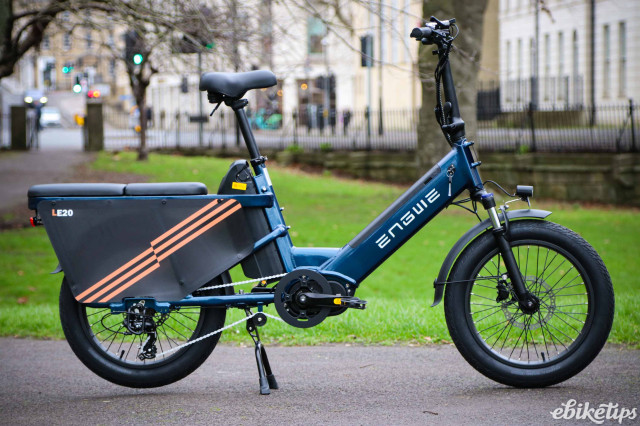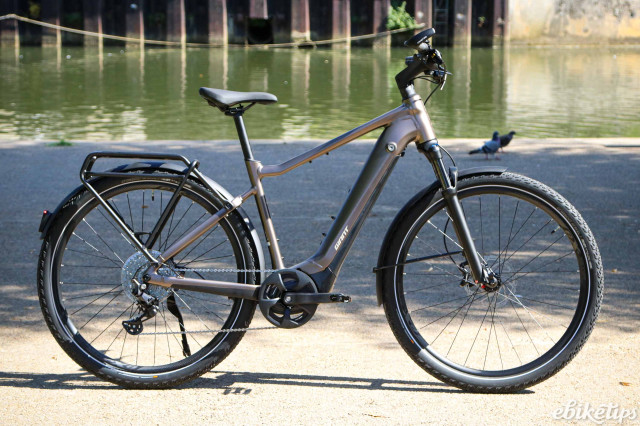Japanese manufacturer Hitachi Zosen says it has developed a solid-state battery with a capacity of 1,000 milliamp hours (mAh). The battery can operate in temperatures from -40 degrees to 100 degrees which will allow it to be tested on equipment at the International Space Station later this year.
Speaking earlier this year, the co-inventor of the lithium-ion battery and winner of the 2019 Nobel prize in chemistry, Dr Stan Whittingham, said: “The hardest part about making a working solid-state battery is the need to simultaneously meet the requirements of high energy density, fast charge, long cycle life, and wide temperature-range operation.”
Hitachi Zosen appears to have ticked a good proportion of those boxes.
Nikkei reports that the firm has produced a solid electrolyte without any use of sealant or solvent. Fewer impurities means reduced electrical resistance and enhanced performance.
It is now hoped that the battery's capacity can be doubled by 2025 – albeit lithium-ion batteries currently offer multiple times that.
An agreement with the Japan Aerospace Exploration Agency means the battery will power camera equipment that is being sent to the country's Kibo module on the International Space Station. The test will run for six months.
In December, US firm QuantumScape released performance data indicating its solid-state battery could provide an electric car range of 300 miles (483km) or more; be charged to 80% capacity in just 15 minutes; and be longer-lasting, safer and cheaper to produce than conventional lithium-ion battery cells.
“If QuantumScape can get this technology into mass production, it holds the potential to transform the industry,” commented Whittingham.
The battery is said to still be four to five years from production.





